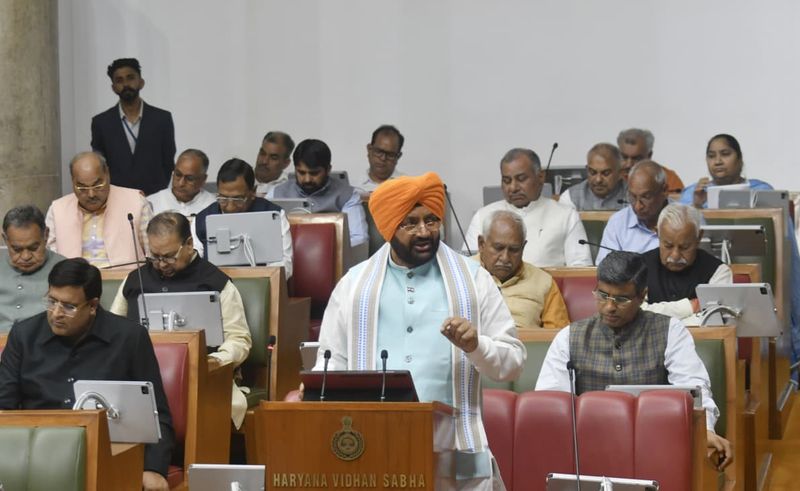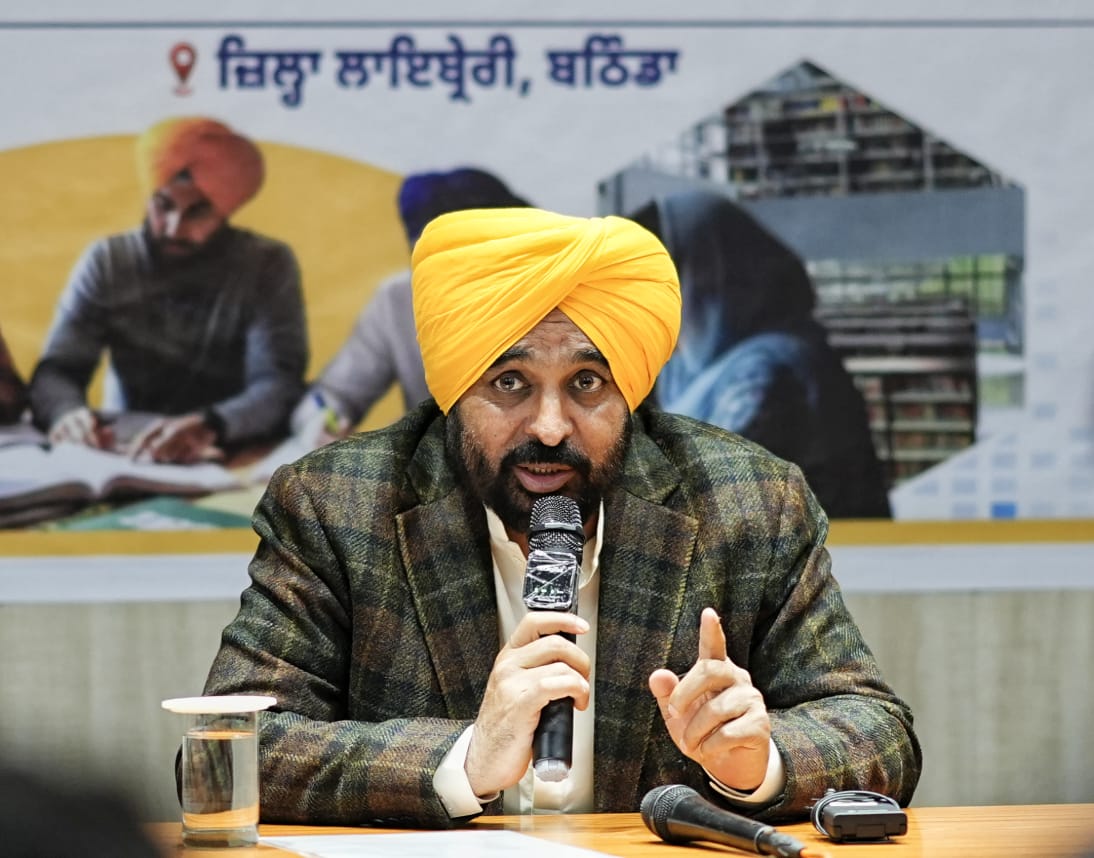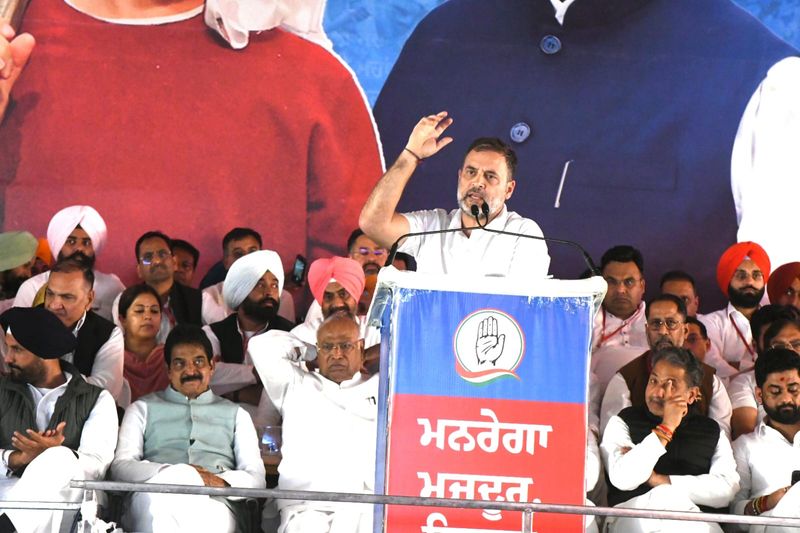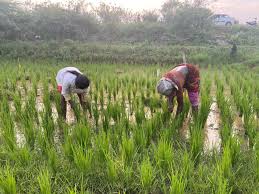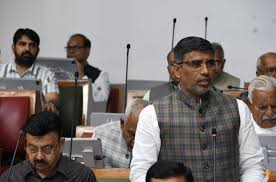Listen To This Post
Annual compensation raised to ₹50,000 per acre; farmers to get residential and commercial plots as part of new rehabilitation package.
Thenewsdose.com
Chandigarh, July 22, UPDATED: 7:15 PM
In a significant move aimed at pacifying farmer unrest and strengthening its new land pooling policy, the Punjab Cabinet on Tuesday approved a slew of enhancements in compensation and rehabilitation benefits for landowners whose holdings are to be acquired for urban expansion projects across the state.
Chaired by Chief Minister Bhagwant Mann, the Council of Ministers gave its nod to increase the annual compensation for acquired land from ₹30,000 to ₹50,000 per acre. The Cabinet also approved the allotment of both residential and commercial plots to farmers whose landholdings range from 1 kanal to 7 kanals — a concession aimed particularly at marginal farmers.
For instance, a farmer contributing one kanal of land under the pooling policy will now be eligible for a 125-square-yard residential plot and a 25-square-yard commercial booth. At the other end of the scale, a farmer parting with seven kanals will be compensated with three residential plots measuring 500, 250, and 125 square yards respectively, along with a 100-square-yard Shop-Cum-Office (SCO) site and a 75-square-yard commercial booth.
Notably, suppose a landowner opts out of the commercial plot. In that case, the residential plot allocation will be tripled — a flexibility aimed at meeting varied livelihood needs.” Farmers will be allowed to continue cultivating their land and retain the income until actual development begins. The enhanced annual compensation will also be paid during this interim period,” said Chief Minister Mann, asserting that no land would be taken forcibly.
As part of the new framework, a Letter of Intent (LoI) — offering a 1,000 square yard residential plot and a 200 square yard commercial plot for each acre contributed — will be issued within 21 days of opting into the scheme. Farmers can also avail bank loans against the LoI, the Chief Minister said, clarifying that registration of sale deeds remains permitted.
Outreach to Calm Protests
These announcements follow a wave of resistance against the land pooling policy, unveiled by the Punjab government on June 3, which has sparked protests across 164 villages. Farmer unions and Opposition parties have accused the government of trying to “steal livelihoods” and “displace rural communities,” alleging that the policy is designed to benefit private builders and bureaucrats at the cost of small farmers.
Housing and Urban Development Minister Hardeep Singh Mundian met with protesting farmers on Monday, promising more transparent compensation norms and regular consultations. Chief Minister Mann, meanwhile, dismissed the allegations as “false propaganda.” “I am also a Punjabi,” he said. “Why would I bring a policy that hurts my people? The commercial plots we are offering will help farmers become self-reliant and sustain their incomes.”
State’s Urban Push
The policy is part of the state’s broader strategy to develop industrial and residential hubs across Punjab. The government aims to acquire over 65,500 acres of land across 21 cities and towns under the land pooling mechanism, which involves the voluntary contribution of land in exchange for a portion of the developed property, rather than outright cash compensation.
Officials claim this model — already used in parts of Maharashtra, Gujarat and Andhra Pradesh — avoids mass displacement, offers long-term benefits to farmers, and makes land acquisition smoother and more equitable.
However, farmer groups remain unconvinced. Many demand a complete rollback of the policy and direct compensation at market rates, instead of receiving undeveloped or partially developed plots.
The coming days are expected to witness further negotiations, as the government begins outreach efforts to regain trust. Meanwhile, the enhanced compensation and plot allotments are being seen as the administration’s attempt to strike a balance between Punjab’s developmental ambitions and the concerns of its farming community.






